Nurturing Ideas, Empowering Faculty
Unlocking Creativity
The Arts & Science Writing Fellows, a multidisciplinary cohort program, meets weekly in the Conley House to help faculty navigate the production of manuscripts by providing a community to incubate, nurture, and stimulate ideas.
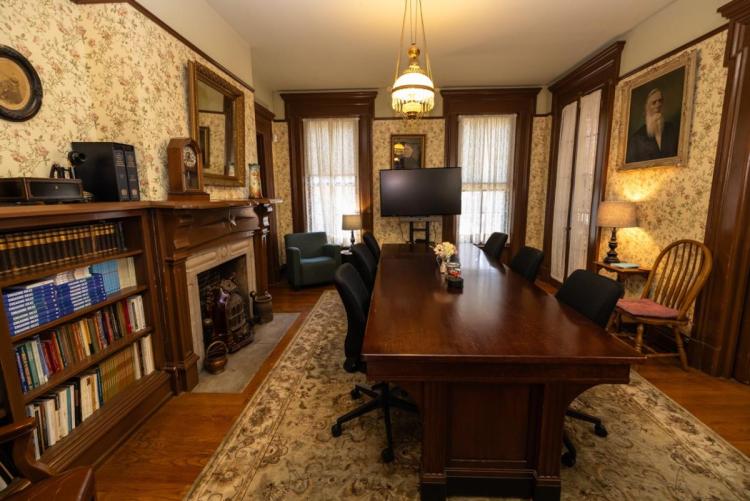
Interested in forming a writers' support group?
Other faculty members are too! Let us know what type of group you're looking for by completing this survey, and we'll post your request.

Have Questions? Contact us!
For inquiries or further information about the Arts & Science Writing Fellows program, feel free to reach out to André Ariew, Associate Professor of Philosophy, or Christy Goldsmith, Associate Director of the Campus Writing Program.
André Ariew
Associate Professor, Philosophy
Christy Goldsmith
Associate Director, Campus Writing Program
Our Current Fellows
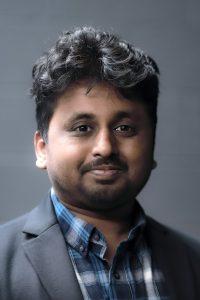
Jayedi Aman
Assistant Professor, Architectural Studies
2025-26
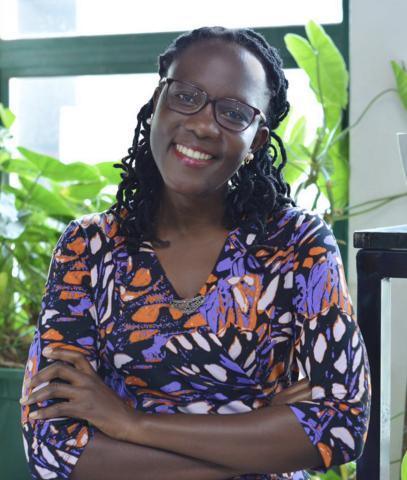
Dorothy Atuhura
Assistant Professor, Black Studies
2025-26
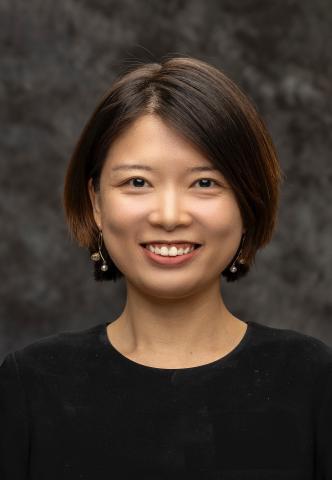
Beiyin Deng
Assistant Professor, Classics, Archaeology, and Religion
2025-26
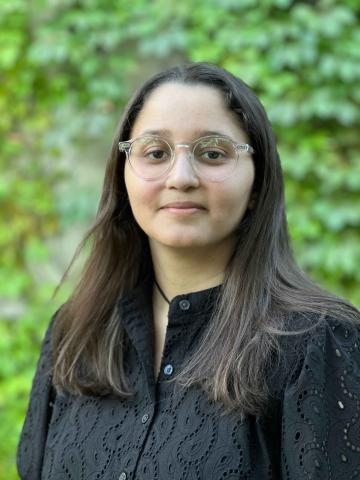
Raghda El-Behaedi
Assistant Professor, Department of Classics, Archaeology, and Religion
2025-26
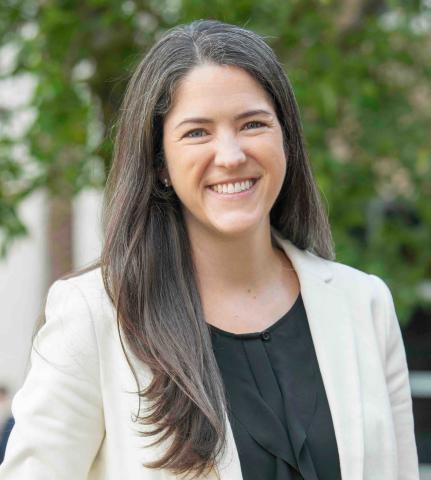
Anna Fett
Assistant Professor, Black Studies and Peace Studies
2025-26
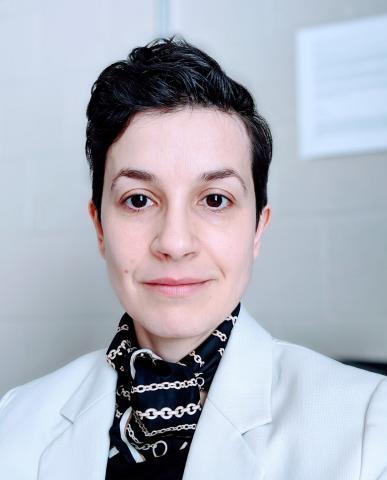
M Folescu
Associate Professor, Philosophy
2025-26
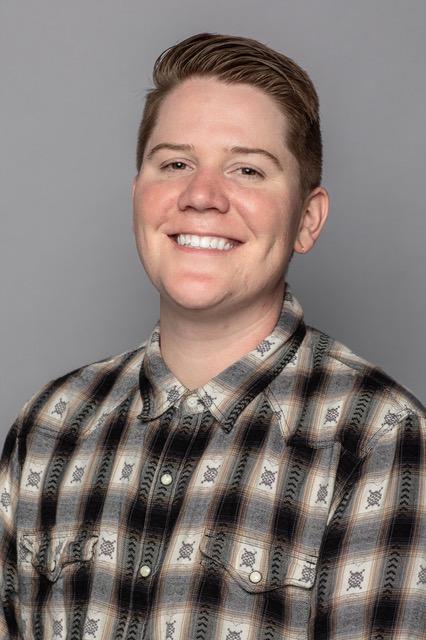
Emmett Harsin Drager
Assistant Professor, Women's and Gender Studies
2025-26
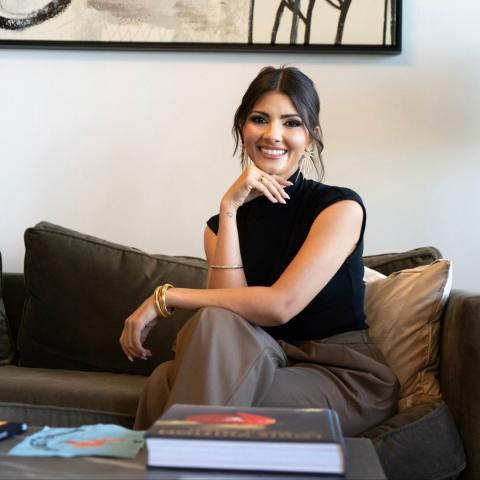
Anna Marrero
Assistant Professor, School of Languages, Literatures, and Cultures
2025-26
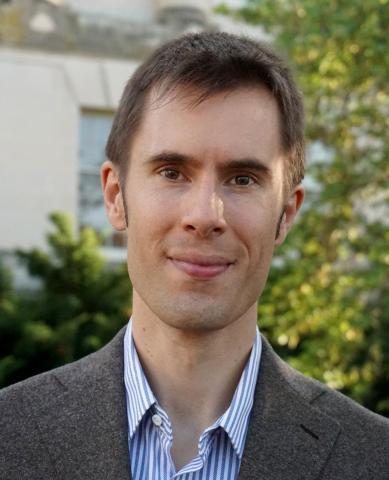
Victor McFarland
Associate Professor, History
2025-26
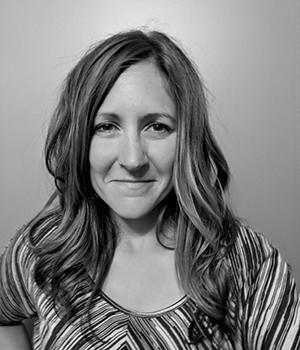
Megan Moore
Professor & Department Chair, SLLC
2025-26
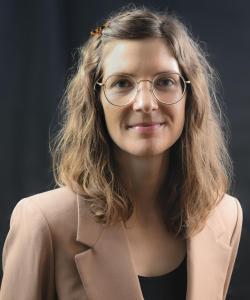
Emily Regier
Assistant Professor, Political Science/Kinder Institute on Constitutional Democracy
2025-26
Past Fellows
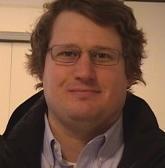
Michael Jirik
Assistant Professor, Black Studies
2024-25
Project: "My book manuscript, tentatively titled Dissenting Forces: A History of Abolition and Black Thought in Higher Learning, 1704-1855 traces the ideas, experiences, and activism of diverse peoples who challenged slavery and racism at colleges. Based on rare and mostly unknown documents drawn from archives in the United States and Britain, this project disrupts the narrative of complicity in most studies of universities and their connections to Atlantic slavery."
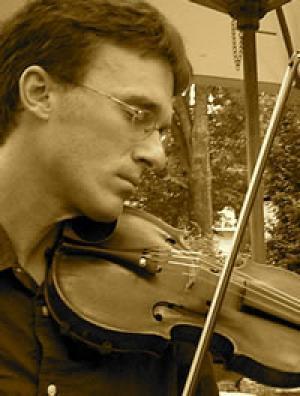
Timothy Langen
Associate Professor & Director, Russian
2024-25
Project: "I am finishing a book on Nikolai Gogol, is the first major writer of prose fiction in Russian and a touchstone for the entire Russian literary tradition. My book addresses the relation of Gogol’s prose aesthetics to intellectual history and specifically to the rise and increasing importance of the periodical press in Russia. I argue that Gogol’s quirky literary style is a way of processing the increasingly heterogeneous material that was flooding the Russian idea-space of the 1830s. Gogol’s aesthetic innovations turned prose fiction, and the literary criticism that addressed it, into the single most important vehicle for Russian thought of the mid- to late-nineteenth century."
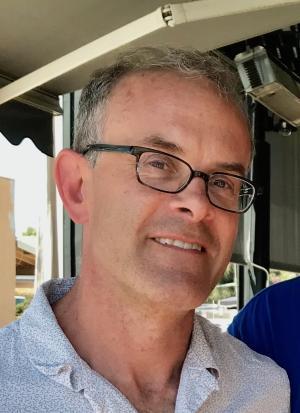
Philip Robbins
Associate Professor & Department Chair, Philosophy
2024-25
Project: "I am working on a short monograph, tentatively titled Moral Minds in the World, in which I develop a general theory of moral categorization, drawing from research in both philosophical and scientific moral psychology, and focusing on the contribution of mind perception to the assignment of individuals (human, animal, or technological) to moral categories."
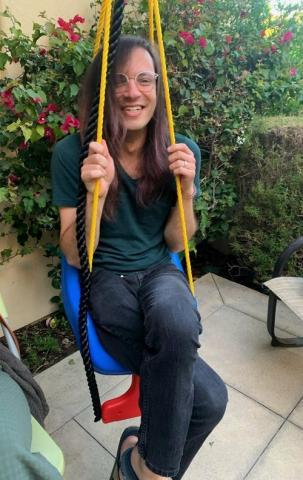
Mike Schneider
Assistant Professor, Philosophy
2024-25
Project: “Science depends on creativity. My book project focuses on how to understand the concept of creativity in science, so that the previous statement is 1) true, but 2) noteworthy rather than trivial, and 3) in keeping with traditional interest in methodology (studying the dynamics of science by means of the rules of the game that scientists play). The main claim on offer is that creativity in science may be understood fruitfully in terms of an activity that occurs during speculation within the course of research, which amounts to the scientists involved overcoming uncreativity. This, in the first place, requires an answer to the novel question: when does scientific research count as uncreatively done?”
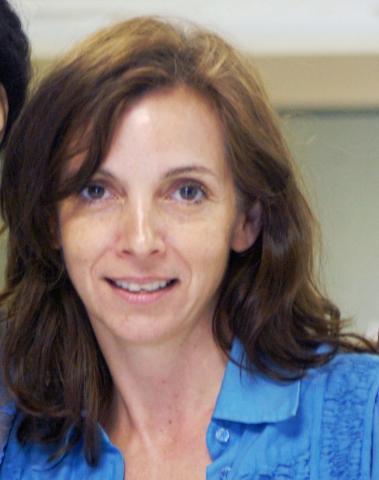
Valerie Kaussen
Associate Professor, French
2024-25
Project: "My book manuscript, Cosmopolitanism and Communication: The Literatures of Haitian Disaster is comprised of two parts. Part I analyzes the multiple ways that Haiti became the object of global attention following the 2010 Port-au-Prince earthquake, focusing on its status as the first “Web 2.0 disaster.” It explores the mass consumption and circulation of digitized images of the destruction, US-based post-quake digital advocacy and do-it-yourself humanitarian action, and the discourses of global humanitarian actors, who sought to give affected Haitians “voice” through the vehicles of new communications. Part II turns to literary representations, arguing that Haitian writers responded to and resisted the global commodification, spectacularization, and consumption of the earthquake and the population it affected in one of two ways: by articulating Haitian versions of globality or cosmopolitanism or by engaging what Edouard Glissant calls “opacity,” a counter-poetics that resists the construction of “the Other” as an object of knowledge, understanding, and assimilation."
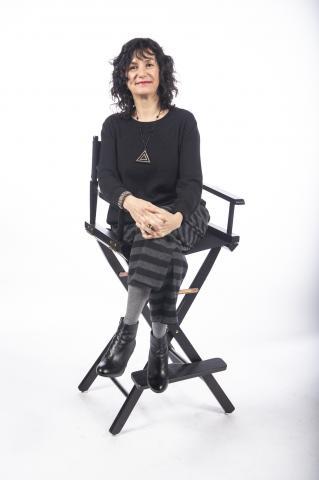
Roberta Tabanelli
Associate Professor, Italian / Affiliate Faculty, Film Studies & Women's and Gender Studies
2024-25
Project: "My book tentatively titled Transnational Cinema, Italian Cinema. Analyzing Transnational Cinema through Contemporary Italian Film" aims at combining theories of transnational cinema with an extended case study based on Italian cinema. To do so, I envision five categories of transnational Italian cinema and employ a macro-level approach based on a large corpus (about 400 films) of Italian feature-length films produced between 1990-2019."
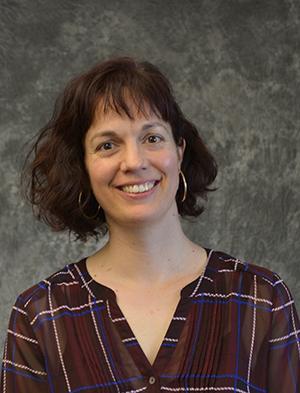
Mar Soria
Associate Professor, Spanish
2024-25
Project: "My book, Imperial Desires and the Economics of Race: Embodying Blackness in Spanish Culture (1880-1975) analyzes the representation of black people in Spanish culture from the end of the nineteenth century to 1975. Despite the lack of a significant black population living in Spain at that time, black bodies were frequently depicted in cultural artifacts throughout this period. I propose that these racialized depictions reinforced and redefined dominant models of Spanish masculinity and femininity that symbolized a true national identity when domestic and international socio-political instability threatened national cohesion. These portrayals also allowed Spaniards to imagine themselves as citizens of a superior white nation with the same imperial designs as other European countries. While the study of the representation of black people brings to light Spain’s ongoing imperial desires, it also unveils the anxieties arising from the nation’s struggle to become a modern economic and political colonial power with international projection."
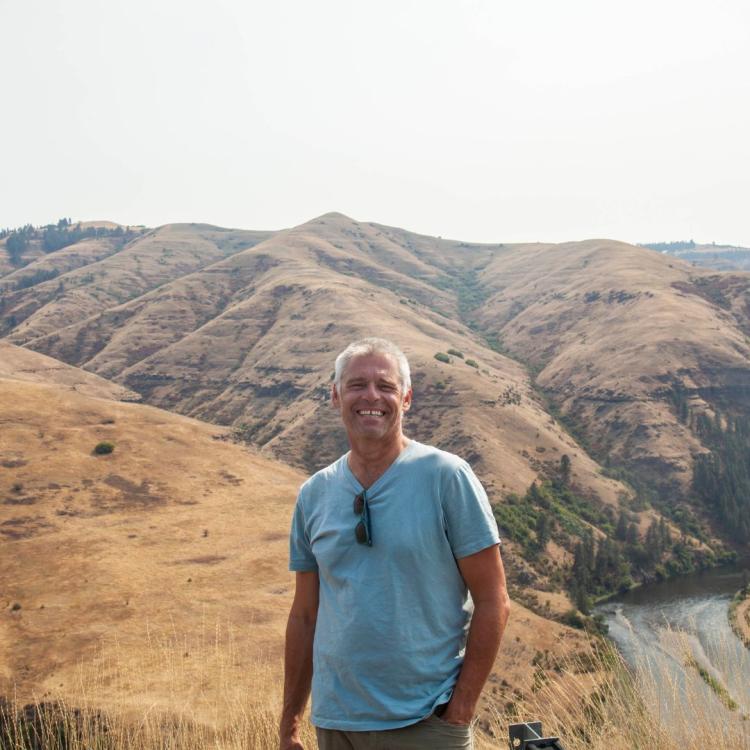
Carsten Strathausen
Professor, German & English
2024-25
Project: "In my current book project entitled Kafka’s Adaptations. Evolution, Media, Aesthetics. I argue that there is no “real” Kafka to go back to (was he a Jewish writer? homosexual? a hypochondriac?), nor is there a ground zero for his stories, many of which are incomplete or exist in multiple versions. There are no “origins” in Kafka; there is only a continuous series of modifications, translations, and adaptations that keep moving forward and offer fresh incentives for re-reading and re-imagining Kafka."
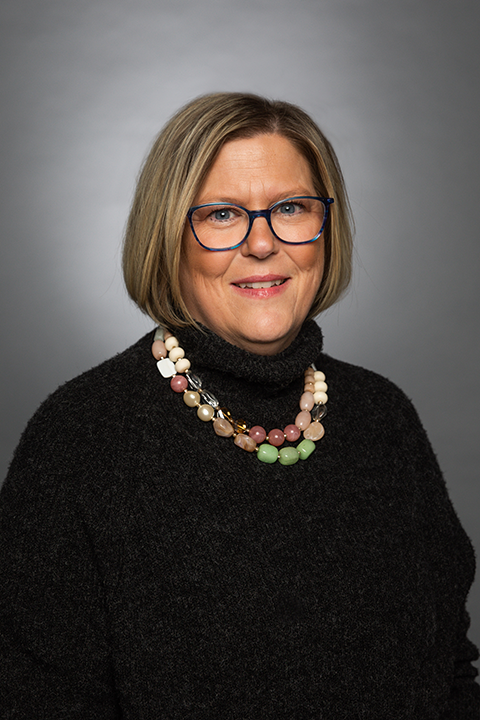
Kerri Mcbee-Black, PHD
Assistant Professor, Textile & Apparel Management
2024-25
Project: "In 2023, I received a National Endowment for the Humanities (NEH) Planning Connections Grant to establish a Disability Studies Minor (DSM) through the College of Arts & Science (CAS). The next step is to apply for the NEH Implementation Grant (NEHIG) to ensure the DSM curricula are developed, and infrastructure is established to ensure long-term support. Therefore, I am applying for the ASF to support the research and development of a DSM at the University of Missouri. The implementation grant is a 3-year grant that supports expanding the role of humanities in undergraduate education by encouraging partnerships between humanities and non-humanities faculty."
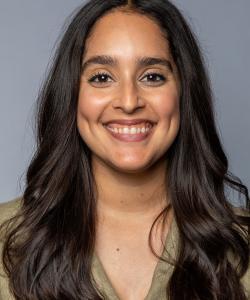
Hannah Paul
Assistant Professor, Truman
2024-25
Project: "My project titled, I’m Every Woman? Critical Mass Theory, Political Parties, and Women’s Legislative Representation, revisits the popular theory that women must reach a certain numeric threshold – or critical mass – in the legislature before they will be able to influence legislative outcomes. With co-authors Drs. Kendall Funk (Arizona State University) and Andrew Q. Philips (University of Colorado Boulder), I have created a dataset that accounts for the distribution of women legislators across political parties of varying ideologies and sizes as well as other key factors for all lower chamber and unicameral legislatures in the world from 2000-2019. Using this extensive database, we plan to examine a variety of representation outcomes related to women’s interests that will generate 2-3 research articles. The project promises to contribute a nuanced examination of how women legislators’ preferences, incentives, and environments shape their ability and willingness to represent women’s interests."
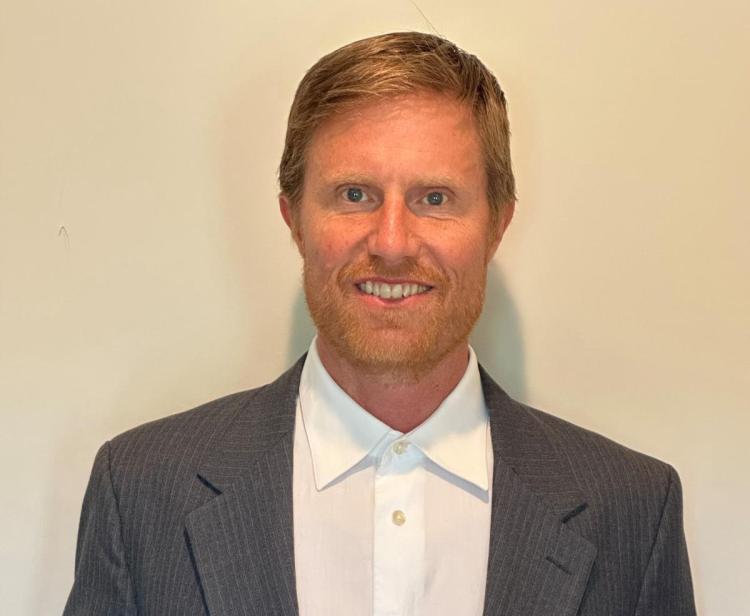
Rob Walker
Associate Professor, Anthropology
2023-24
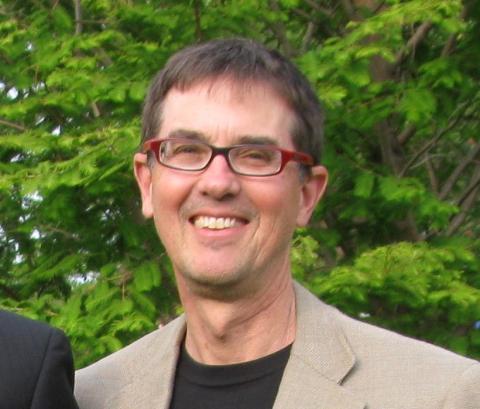
Dennis Trout
Professor, Ancient Mediterranean Studies & Adjunct Professor, History
2023-24
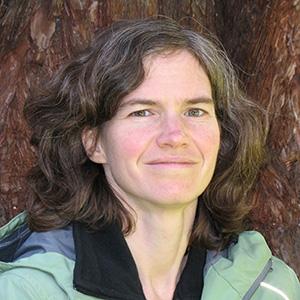
Frances Dickey
Associate Professor, English
2023-24
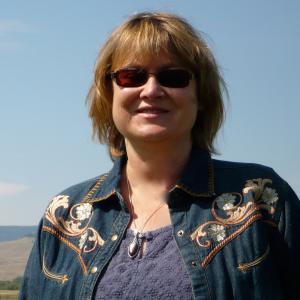
Trudy Lewis
Professor, English
2023-24
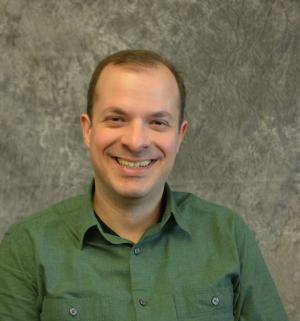
Alexandru Radulescu
Associate Professor, Philosophy
2023-24
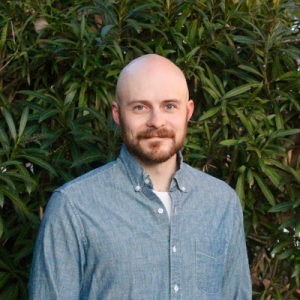
Sean Prall
Assistant Professor, Anthropology
2023-24
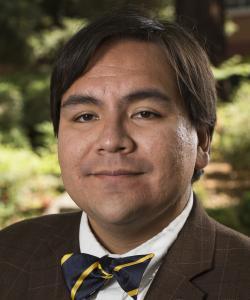
Michelangelo Landgrave
Assistant Professor, Truman
2023-24
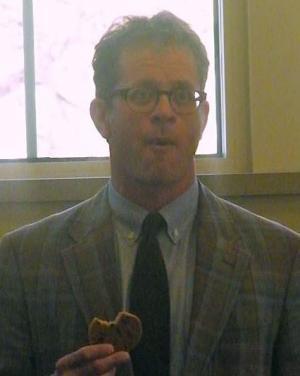
Samuel Cohen
Associate Professor & Associate Chair, English
2023-24
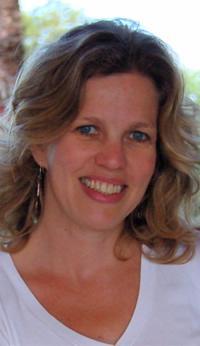
Emma Liption
Professor & Department Chair, English
2023-24
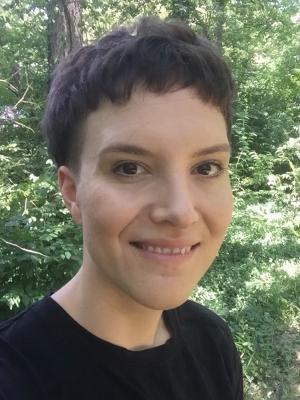
Marta Heckel
Assistant Professor, Philosophy
2023-24
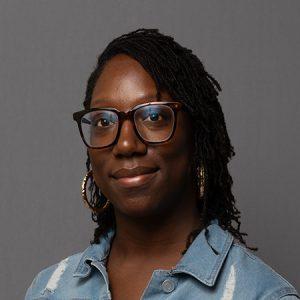
Kaleea Lewis
Assistant Professor, Womens & Gender Studies
2023-24
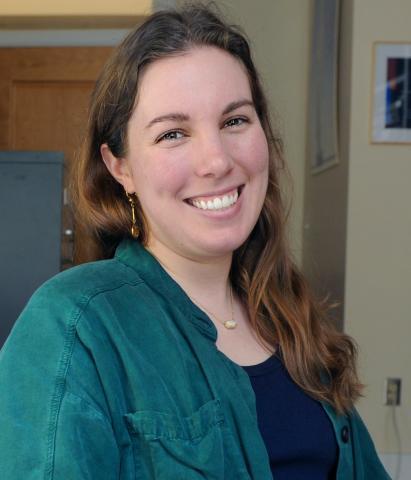
Jocelyn Burney
Assistant Professor, Classics, Archaeology, and Religion
2023-24
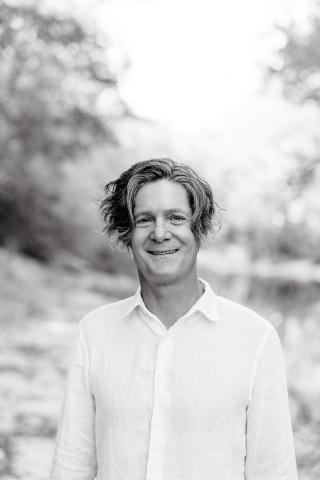
Daniel Sipe
Associate Professor, French Studies
2023-24
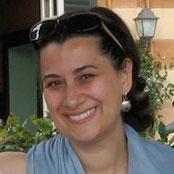
Ilyana Karthas
Associate Professor, History
2022-23
Project: "I am offering a new paradigm for understanding modernism in Paris. My book project titled "Arbiters of Taste: Women, Modernism, and the Making of Paris" analyzes the cultural labor undertaken by women to propel modernization of the arts in France, to internationalize French artistic tastes, and to cultivate Paris’ reputation as the center of avant-gardism. As patrons, salonnières, teachers, promoters, entrepreneurs, artists, and expert critics, women played a crucial role in fashioning Paris as a laboratory for artistic innovation."
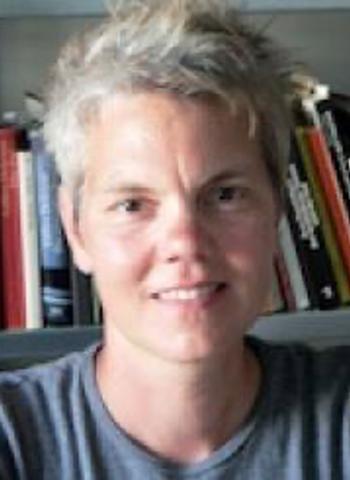
Kristin Kopp
Associate Professor, German
2022-23
Project: "My book "Disrupting “Race”: on the History of the African Diaspora in Germany," aims to help readers recognize (and then address) erroneous, subconsciously ingrained preconceptions about human geography, mobility, and agency that undergird vestiges of racist thought that continue to affect even those consciously working to combat racism."
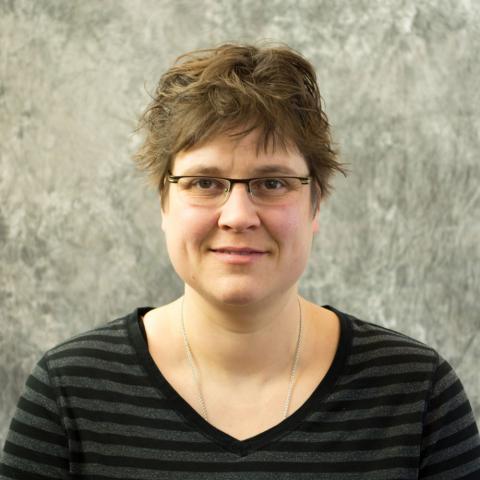
Johanna Kramer
Associate Professor and Associate Chair, English
2022-23
Project: "As part of the A&S Writing Group, I have been working on my current book project, "The Use of Proverbs in Chaucer's Canterbury Tales," necessary to apply for promotion to full professor.
The book has two goals:
1) present an unprecedented study of the use of proverbs and other proverbial materials in Chaucer’s "The Canterbury Tales"
2) demonstrate an innovative critical methodology by showing that critically reading medieval texts through the genre of proverbs can attend to long-standing and current questions in literary criticism."
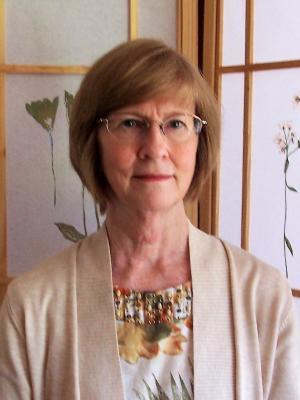
Judith Mabary
Associate Professor, School of Music
2022-23
Project: "My project is a book on the patronage of Jeannette Thurber in the United States, especially that which brought Czech composer Antonín Dvořák to New York to be the Director and Professor of Composition at the National Conservatory of Music of America, an institution she established to provide education in fine-art music for which aspiring musicians and composers would previously have had to travel to Europe to obtain. My efforts this semester have been devoted to writing the section of the book that details Thurber's biography as related to her earliest charitable efforts and promotional activities in which she sought to improve the working conditions of women and offer them greater opportunities in the second half of the nineteenth century. These efforts culminated in her founding of the American Opera Company and the National Conservatory of Music, institutions that together sought to serve American singers as well as composers and musicians from underprivileged and underrepresented populations, primarily African Americans and women."
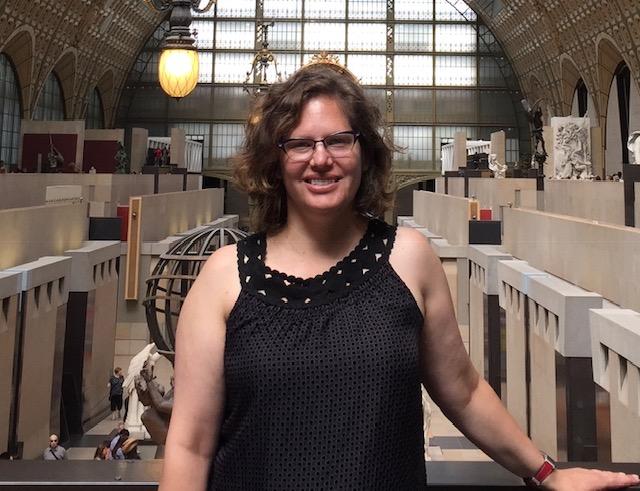
Anne Meyers
Associate Professor, English
2022-23
Project: "My project is a chapter of a book I am writing on the significance of monuments in sixteenth- and seventeenth-century England. During this period, the word “monument” could mean either a built architectural fixture or a written text. While scholars have already written on the possibility of reading built monuments in a textual or narrative fashion, few have considered in detail what it could mean for a text to be monumental. This chapter focuses on the massive 1688 publication "The Academy of Armory" by the herald Randle Holme, considering how Holme used heraldry—a visual/historical lexicon traditionally associated with monuments and the preservation of history—as an organizing principle for the materials of seventeenth-century life and experience."
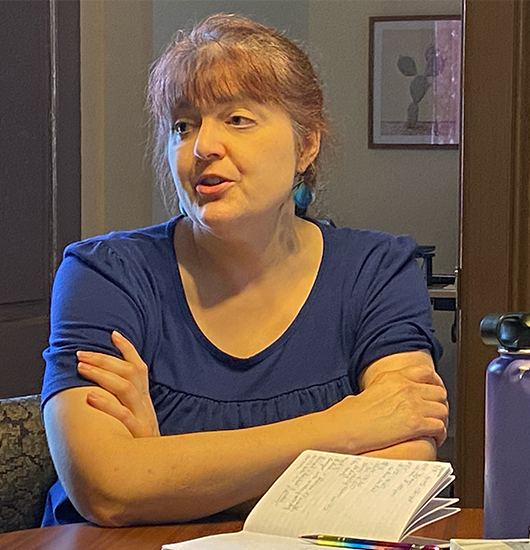
Michelle Morris
Associate Professor, History
2022-23
Project: "I am currently completing an article on lay understandings of witchcraft in seventeenth-century New England. This article is a lead-in for my ongoing book project on the Hartford witchcraft trials of the early 1660s."
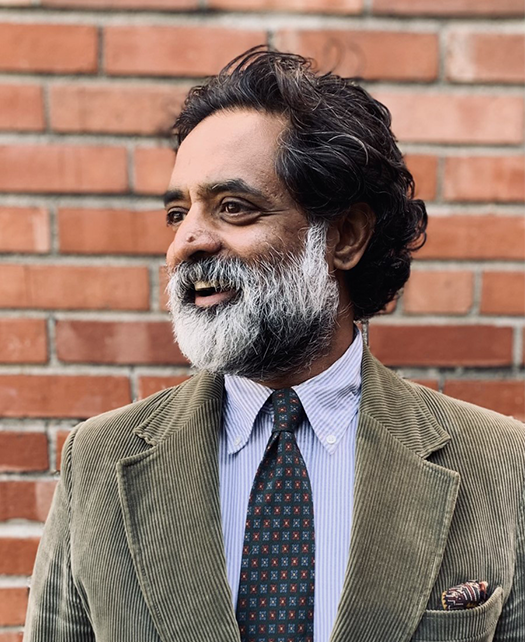
Karthik Panchanathan
Associate Professor, Anthropology
2022-23
Project: "I started writing a book titled "Divided We Stand." The book will be comprised of three sections. The first section is a review of theory in evolutionary biology attempting to explain the evolution of (human) cooperation. This section will also link this theory with a broader history of political philosophy attempting to understand human social evolution (e.g. Rousseau’s argument that society emerged from voluntaristic cooperation, Hobbes’ argument that society resulted only after the emergence of social sanctions from the state). The second part of the book applies this theory to the story of human evolution after our split with the ancestors of chimps."
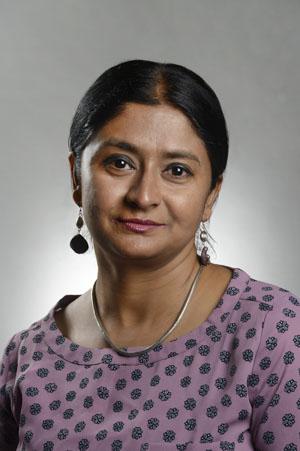
Srirupa Prasad
Associate Professor, Art History, Women's and Gender Studies
2022-23
Project: "A Global History of Tuberculosis" investigates key moments in the conceptualization of susceptibility as they have been articulated and practiced regarding TB in the context of India from the colonial to the postcolonial period. These successive iterations of the concept of susceptibility took shape as physicians, medical research ers, medical missionaries, and political figures in India, the US, and Britain debated the capacity to be affected."
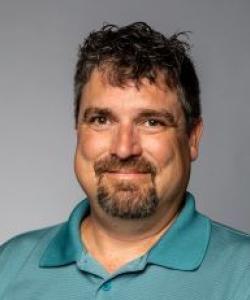
Stephen Quackenbush
Associate Professor, Truman School of Government and Public Affairs
2022-23
Project: "I am working to complete my book titled "Peace Through Victory: Imposed Settlements and Recurrent Conflict." In the book, I develop my deterrence-based theory of recurrent conflict and conduct a variety of quantitative tests of the primary theoretical expectation that imposed settlements are more stable than other types of settlements along with a variety of other empirical expectations stemming from my theory. In the process, I test my theory against alternative explanations stemming from the bargaining, rivalry, and conflict management perspectives."
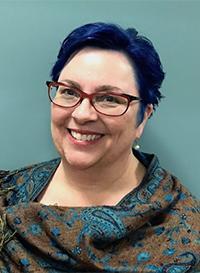
Anne Stanton
Associate Director, School of Visual Studies
2022-23
Project: "My project is to complete the last body chapter of my book, "Turning the Pages: the Power of Narrative in English Gothic Prayerbooks," under contract with Brill."
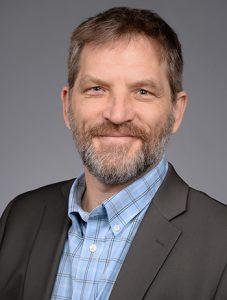
James van Dyke
Associate Professor, Art History
2022-23
Project: "I am writing "The Social Production of Otto Dix in Critical Detail: A book on the early twentieth-century German painter Otto Dix," drawing attention to overlooked but significant material and iconographic details in selected paintings that help us to understand the social dynamics of the German art world in the 1920s and 1930s."
Our WFP Faculty
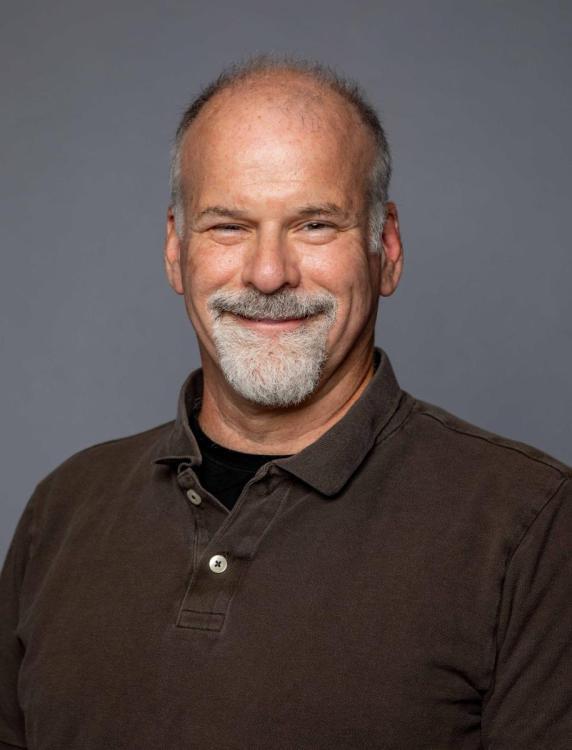
André Ariew
Director, A&S Writing Fellows Program
Associate Professor, Philosophy
I am an historian and philosopher of science particularly interested in the development of evolutionary theory from Darwin to the current day. I am currently finishing a book manuscript about Darwin’s applications of statistical methods that aided him in developing his ideas about evolution.
We owe the existence and funding of the A&S Writing Fellows Program to generous gift donations provided to the College of Arts & Science. In its pilot year, we targeted our efforts to associate professors primarily in the humanities who were finishing up book manuscripts which would allow them to get promoted to full professor. For the next cohort we have accepted faculty from all tenure track ranks. I am hoping that the program will continue to grow as more faculty realize the benefits of the program.
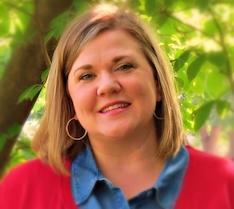
Christy Goldsmith
Associate Director, Campus Writing Program
Assistant Teaching Professor of English Education
Through my narrative inquiry into English teachers’ identities as writers and as teachers-of-writing, I explore the tensions inherent in teaching writing in secondary schools. My other scholarly interests revolve around the teaching and learning of disciplinary literacy, including professional development design and practice at the secondary and postsecondary levels.
I became the co-director of this group rather serendipitously and accidentally. It has been the happiest accident of my academic career thus far. Interaction with the cohort’s diversity of disciplines, approaches, and writing styles has made me a stronger writer. Not only have I been held accountable to achieving my short- and long-term writing goals, this community has bolstered my feelings of scholarly belonging.